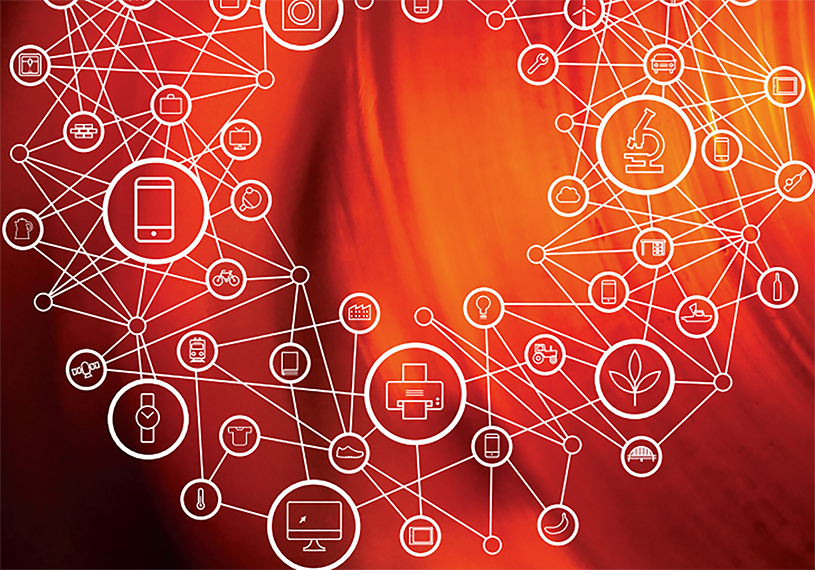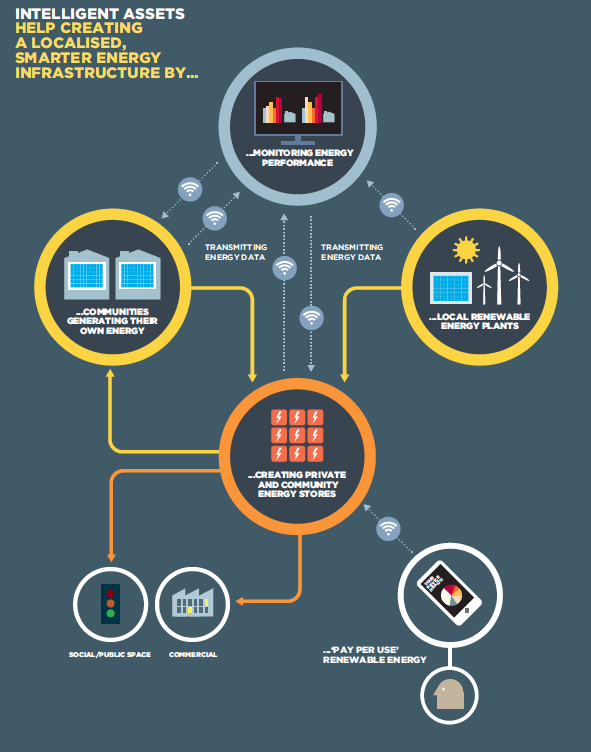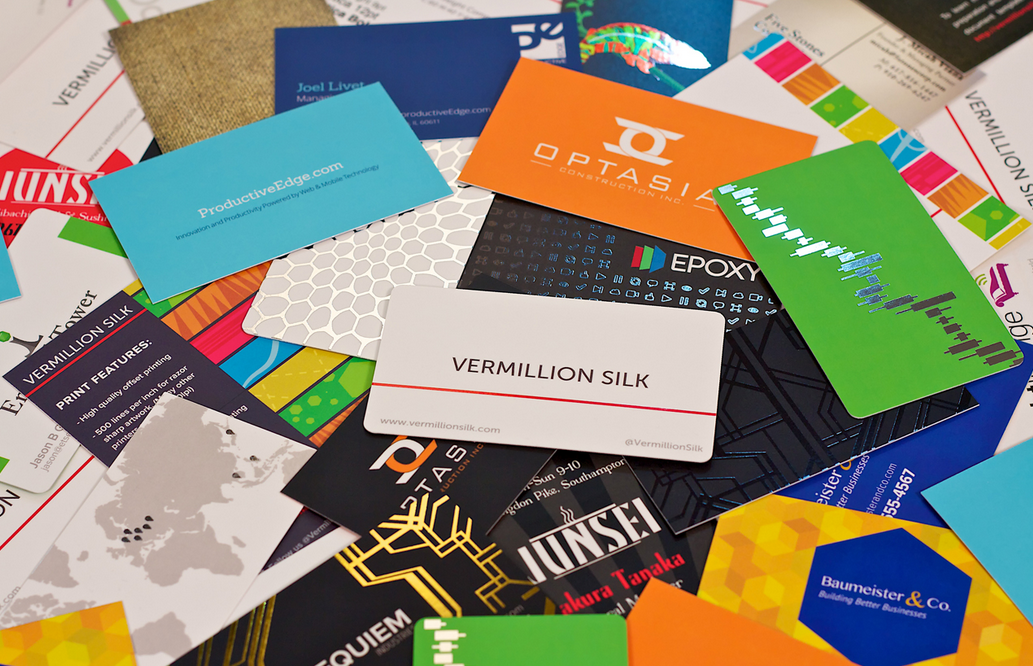
With up to 50 billion connected devices predicted by 2020, a pervasive digital transformation is reshaping the economy. Intelligent assets is a key feature of the fourth industrial revolution, a revolution everyone is talking about. Will this ‘fourth industrial revolution’ lead to an acceleration of the extractive, ‘linear’ economy of today, or will it enable the transition towards a society in which value creation is increasingly decoupled from finite resource consumption?
A new report, entitled Intelligent Assets: Unlocking the circular economy potential, was just released recently exploring this topic. The report was produced by the World Economic Forum and the Ellen MacArthur Foundation as part of Project MainStream, a global, multi-industry initiative that aims to accelerate business-driven innovations to help scale the circular economy.
The Project MainStream was launched in 2014 by the World Economic Forum and the Ellen MacArthur Foundation, with McKinsey & Company as knowledge partner. MainStream is led by the chief executive officers of nine global companies: Averda, BT, Desso BV (a Tarkett company), Royal DSM, Ecolab, Indorama, Philips, SUEZ and Veolia.
MainStream aims to accelerate business-driven innovations and help scale the circular economy. It focuses on systemic stalemates in global material flows that are too big or too complex for an individual business, city or government to overcome alone, as well as on enablers of the circular economy such as digital technologies.
One of the report’s main conclusions is that pairing circular economy principles with the information generated by intelligent devices, will provides us with the opportunity to finally transition to the circular economy, which would bring us broad social benefits.

Ellen MacArthur, Founder of the Ellen MacArthur Foundation says, about the report:
“Digital technologies are driving a profound transformation of our economy. Guiding this wave of change by applying circular economy principles could create value, and generate wider benefits for society, as this report shows. Intelligent assets are a key building block of a system capable of ushering in a new era of growth and development, increasingly decoupled from resource constraints.”
The report has 2 sections: The first one introduces the reader to the circular economy whereas the second one focuses on how to build a smarter economy with the help of intelligent assets. It provides the reader with various cases studies and examples of innovation and creativity happening across a spectrum of industries and sectors such as manufacturing and advanced equipment, energy infrastructure, construction and food.
The report approaches as well how cities might evolve to become smart cities, which will help the transition to the circular economy. Finally it predicts what will be the economic opportunities available for companies and businesses willing to innovate and embrace the circular economy, and how this is crucial for society, particularly due to the urgent need of redefining our relationship with finite resources.
In short:
This document aims to provide the rationale for these opportunities that the intersection of the circular economy and smart connected devices could unlock for your business, city or region. While open questions remain to be explored, we believe the perspective shared here offers a compelling vision for intelligent assets in a circular economy.

IntelligentHQ Your New Business Network.
IntelligentHQ is a Business network and an expert source for finance, capital markets and intelligence for thousands of global business professionals, startups, and companies.
We exist at the point of intersection between technology, social media, finance and innovation.
IntelligentHQ leverages innovation and scale of social digital technology, analytics, news and distribution to create an unparalleled, full digital medium and social business network spectrum.
IntelligentHQ is working hard, to become a trusted, and indispensable source of business news and analytics, within financial services and its associated supply chains and ecosystems.


























